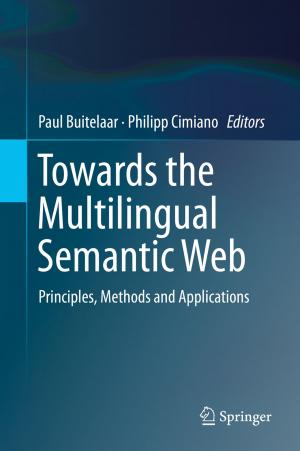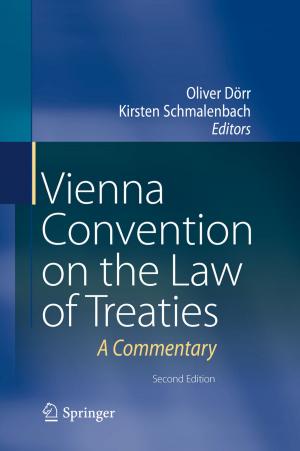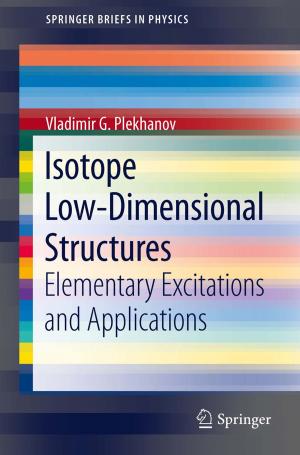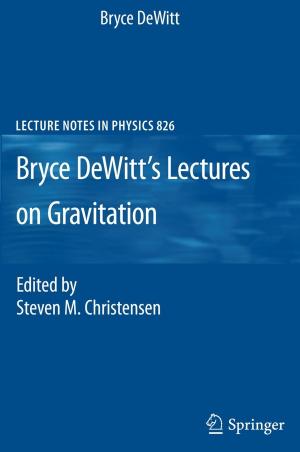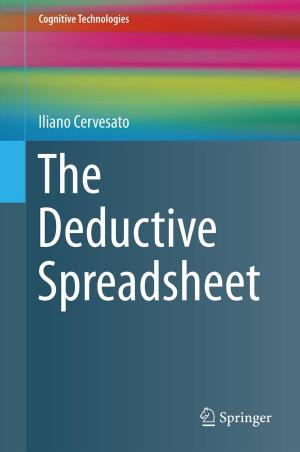Balancing Copyright Law in the Digital Age
Comparative Perspectives
Nonfiction, Reference & Language, Law, Media & the Law, International| Author: | ISBN: | 9783662446485 | |
| Publisher: | Springer Berlin Heidelberg | Publication: | November 19, 2014 |
| Imprint: | Springer | Language: | English |
| Author: | |
| ISBN: | 9783662446485 |
| Publisher: | Springer Berlin Heidelberg |
| Publication: | November 19, 2014 |
| Imprint: | Springer |
| Language: | English |
This book focuses on the thorny and highly topical issue of balancing copyright in the digital age. The idea for it sprang from the often heated debates among intellectual property scholars on the possibilities and the limits of copyright. Copyright law has been broadening its scope for decades now, and as a result it often clashes with other rights (frequently, fundamental rights), raising the question of which right prevails.
The papers represent the product of intensive research by experts, who employ rigorous interpretative methodologies while keeping an eye on comparison and on the impacts of new technologies on law. The contributions concentrate on the "propertization" of copyright; on the principle of exhaustion of the distribution right; on the conflict between users' privacy and personal data needs; and on the balance between copyright and academic freedom.
Starting from the difficulties inherently connected to the difficult task of balancing rights that respond to opposing interests, each essay analyzes techniques and arguments applied by institutional decision-makers in trying to solve this dilemma. Each author applies a specific methodology involving legal comparison, while taking into account the European framework for copyright and related rights.
This work represents a unique piece of scholarship, in which a single issue is read through different lenses, demonstrating the need to reconcile copyright with other fundamental areas of law.
This book focuses on the thorny and highly topical issue of balancing copyright in the digital age. The idea for it sprang from the often heated debates among intellectual property scholars on the possibilities and the limits of copyright. Copyright law has been broadening its scope for decades now, and as a result it often clashes with other rights (frequently, fundamental rights), raising the question of which right prevails.
The papers represent the product of intensive research by experts, who employ rigorous interpretative methodologies while keeping an eye on comparison and on the impacts of new technologies on law. The contributions concentrate on the "propertization" of copyright; on the principle of exhaustion of the distribution right; on the conflict between users' privacy and personal data needs; and on the balance between copyright and academic freedom.
Starting from the difficulties inherently connected to the difficult task of balancing rights that respond to opposing interests, each essay analyzes techniques and arguments applied by institutional decision-makers in trying to solve this dilemma. Each author applies a specific methodology involving legal comparison, while taking into account the European framework for copyright and related rights.
This work represents a unique piece of scholarship, in which a single issue is read through different lenses, demonstrating the need to reconcile copyright with other fundamental areas of law.


